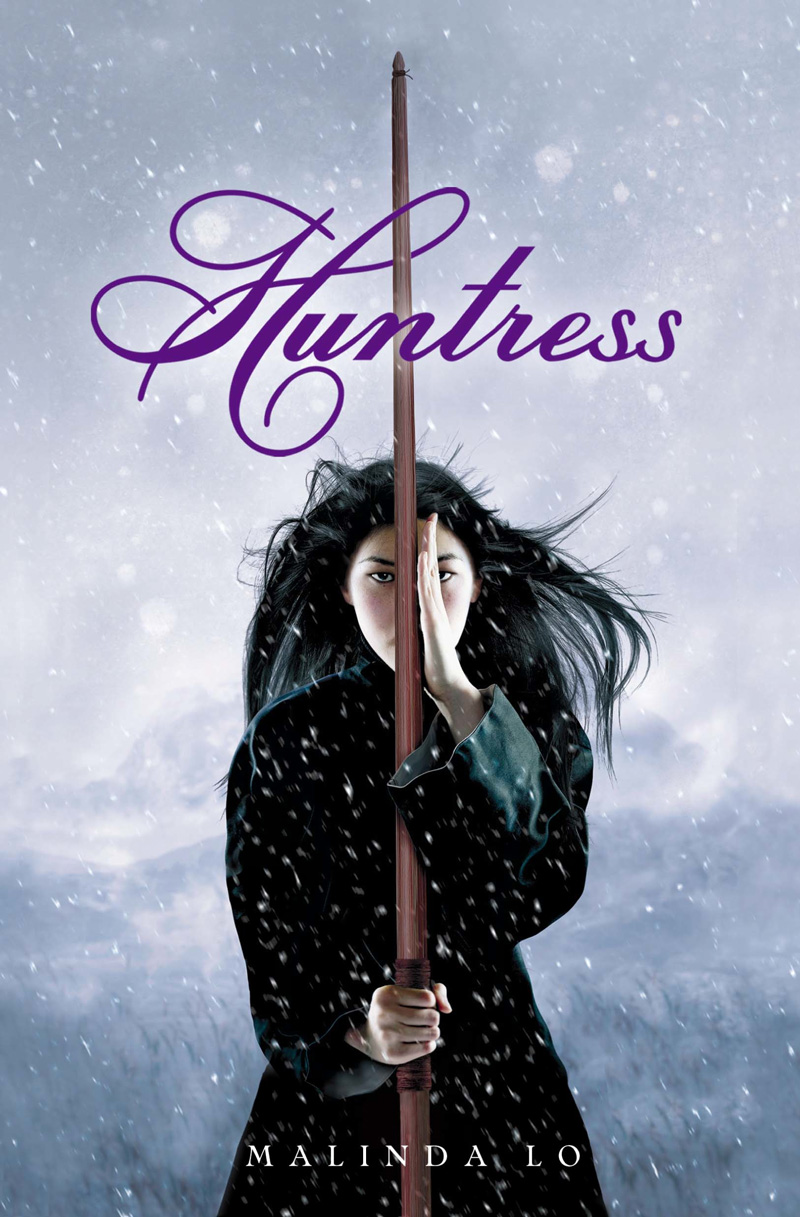

As with Ash, Lo’s characters are emotionally reserved, which makes the unfolding of romance between Kaede and Taisin all the more satisfying. ★ “Lo’s storytelling and prose are masterful, and her protagonists will fascinate ….

The exciting adventure prequel to Malinda Lo’s highly acclaimed novel Ash is overflowing with lush Chinese influences and details inspired by the I Ching, and is filled with action and romance. But the Kingdom needs only one huntress to save it, and what it takes could tear Kaede and Taisin apart forever. As members of their party succumb to unearthly attacks and fairy tricks, the two come to rely on each other and even begin to fall in love. And yet the two girls’ destinies are drawn together during the mission. Taisin is a sage, thrumming with magic, and Kaede is of the earth, without a speck of the otherworldly. To solve the crisis, the oracle stones are cast, and Kaede and Taisin, two seventeen-year-old girls, are picked to go on a dangerous and unheard-of journey to Taninli, the city of the Fairy Queen. The people’s survival hangs in the balance. Worse yet, strange and hostile creatures have begun to appear. The sun hasn’t shone in years, and crops are failing. Nature is out of balance in the human world. (Jan.COMPANION TO ASH FINALIST FOR THE LAMBDA LITERARY AWARD Agent: Michael Bourret, Dystel, Goderich & Bourret. Back matter includes an author’s note explaining Lo’s personal connection to the story. Smoothly referencing cultural touchstones and places with historic Chinese American significance, Lo conjures 1950s San Francisco adeptly while transcending historicity through a sincere exploration of identity and love.

Lo incorporates Chinese food and language, appending explanatory footnotes for romanized Cantonese and Mandarin terms and characters. As Lily falls deeper in love, though, she must work to balance the shifting elements of her identity with a landscape of sociopolitical turmoil that will resonate with contemporary readers. But openly exploring queerness isn’t an option-not with her mother touting “respectability,” and society’s limited perception of Chinese-Americanness as either “China doll” or “real American”-adjacent, and especially not amid McCarthyism-during which Chinese people, including those within Lily’s close Chinatown community, are targeted as Communist sympathizers. Dawning recognition of her lesbianism comes alongside a budding connection with Kathleen Miller, a white classmate. Lily secretly gathers photos of women with masculine qualities she’s drawn toward “unfeminine” clothing and interests such as chemistry, engines, and space. The year is 1954, and American-born Chinese 17-year-old Lily Hu, a rising senior at San Francisco’s Galileo High School, discovers the existence of the Telegraph Club nightclub by chance: via an ad in the Chronicle featuring a Male Impersonator.


 0 kommentar(er)
0 kommentar(er)
